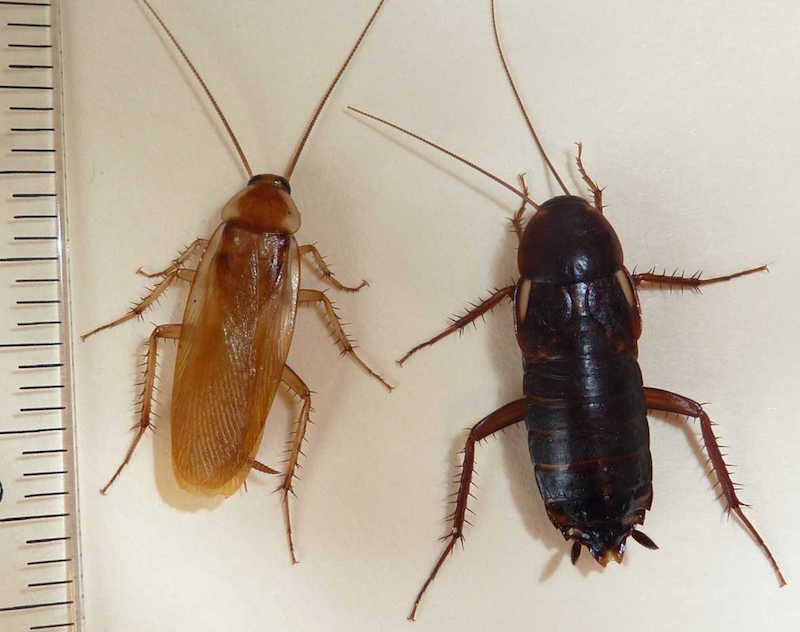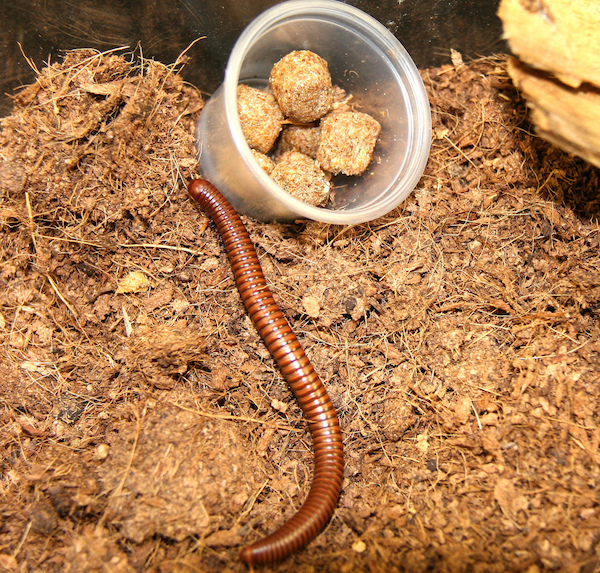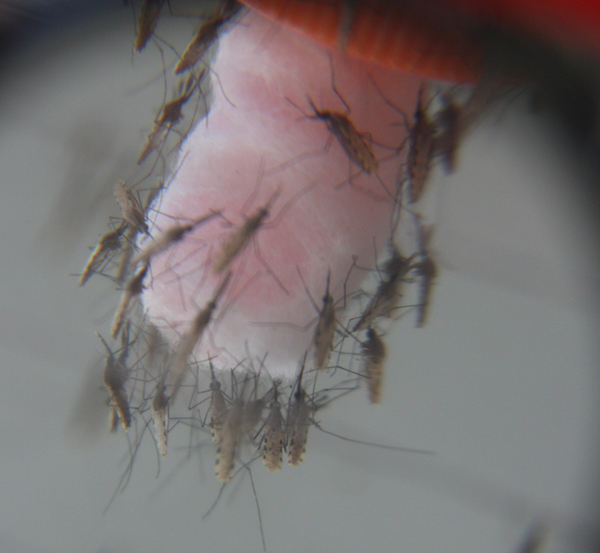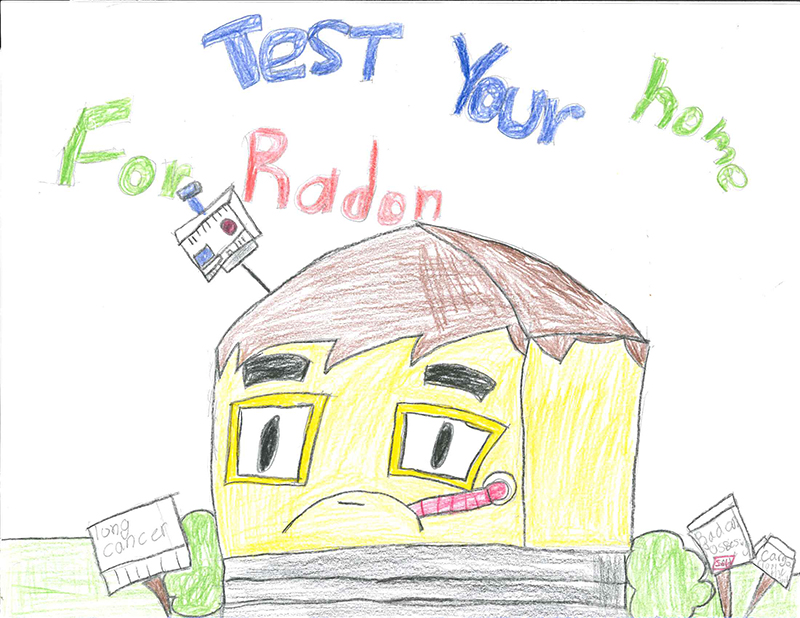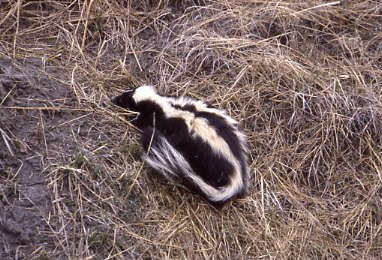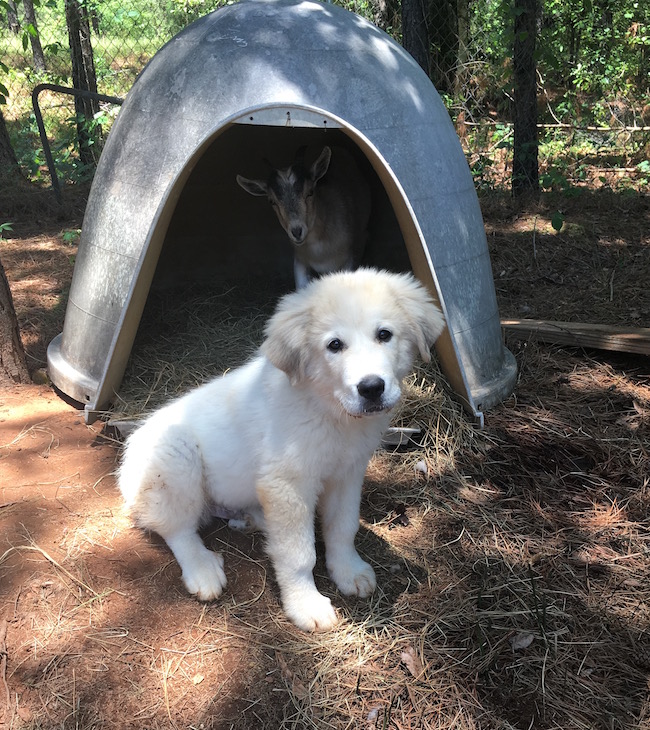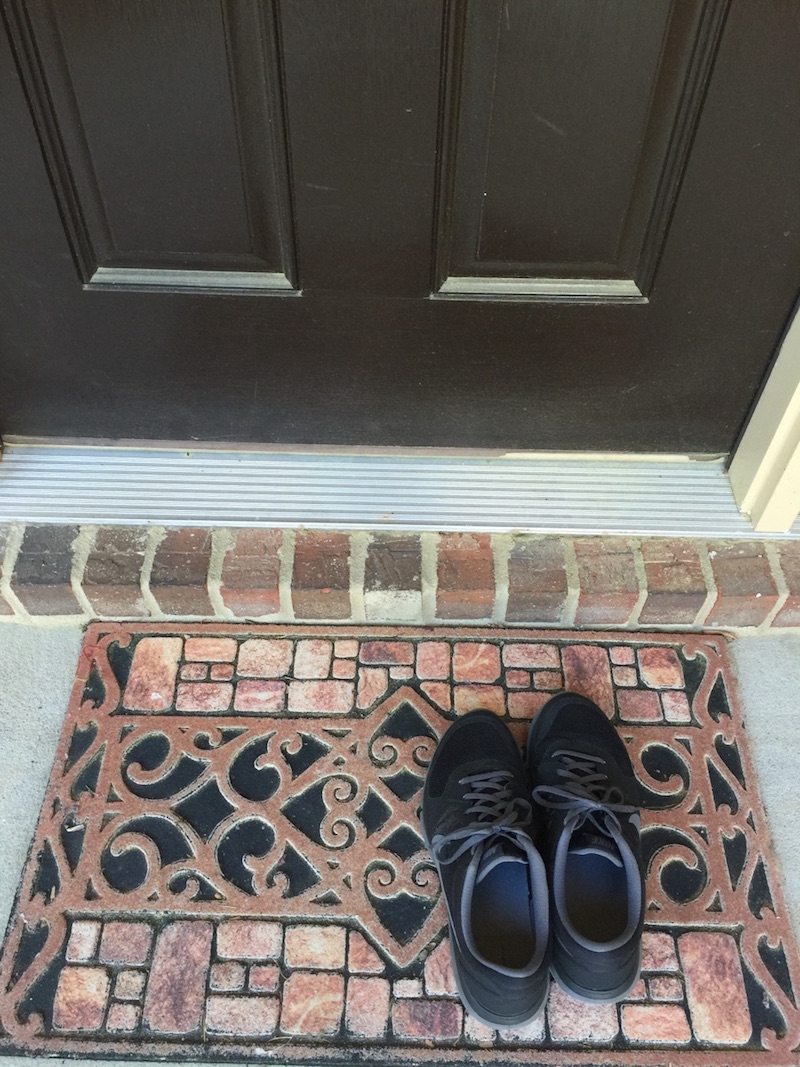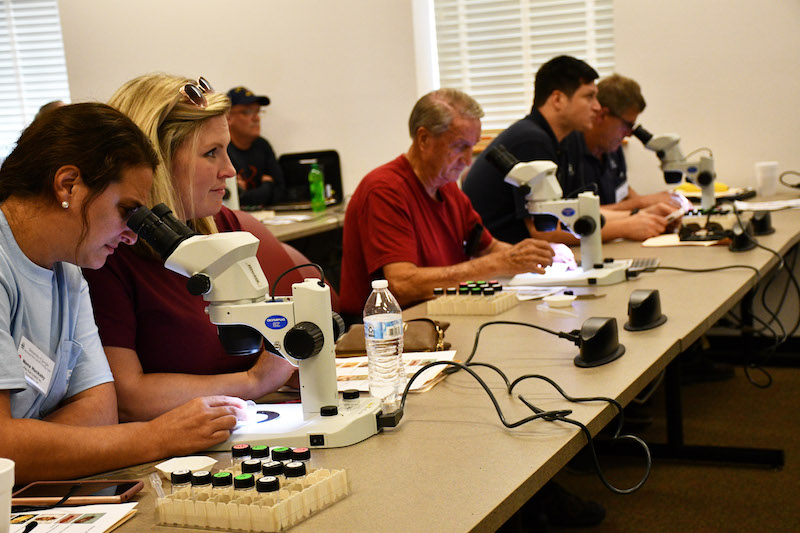 CAES News
CAES News
Pest-free Schools
The school year has begun, and with it, schools are experiencing an influx of dirt, germs and pests. On Aug. 23, the University of Georgia Structural Pest Management Program (SPM) hosted a School Integrated Pest Management (IPM) Workshop intended to help pest control operators that manage schools in Georgia, Alabama, South Carolina and Tennessee.

